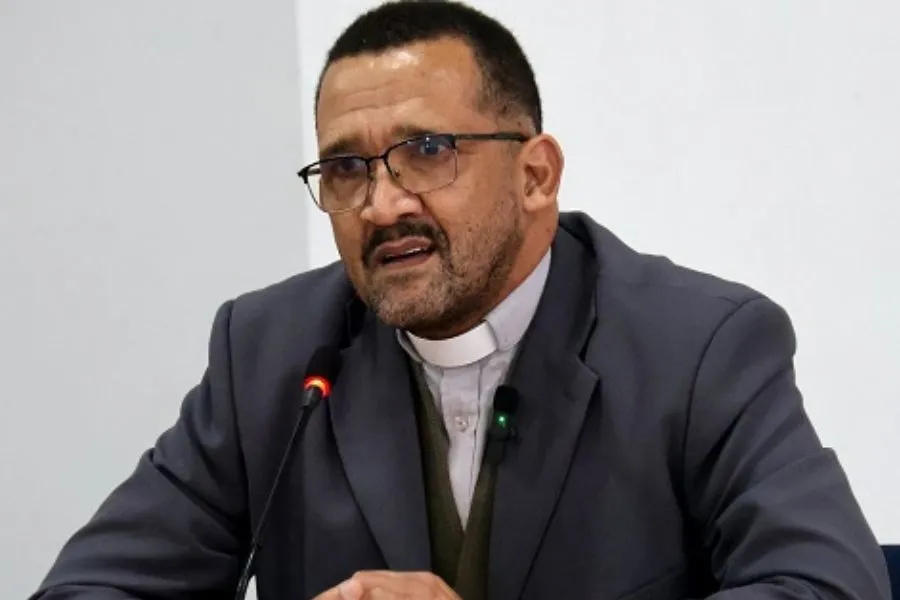Bishop Sipuka urged the Bishops to shun any actions that may compel a Priest to feel more attention and care is being directed to another particular Priest.
He cited the perception that certain parishes are meant for one group of Priests; or a perception that a bishop is tough with some priests while he is lenient with others as examples of favoritism.
Check priests who have an overload of work
In places where there is shortage of personnel, the South African Bishop said, many priests tend to multi-task and that it is possible for a Bishop to forget about the volume of work a priest is carrying and keep demanding efficiency. “This can demoralize a priest trying his best with a heavy workload.”
“It is good for a Bishop to keep checking with those priests who have extra tasks and how they cope,” Bishop Sipuka said during the conference that is set to run from August 14 to 18.
(Story continues below)
Socialize with priests
The SACBC President said, “Occasional social gatherings of priests with the Bishop, instead of having only business meetings, enhance closeness between the Bishop and priests. The beginning or the end of the year is an opportune time for such gatherings.”
Ensure that the Administration/Chancery serves Priests
Bishop Sipuka found it unfortunate that some administrative structures opt to be selfish thereby creating a barrier between the Priests and Bishops rather than establishing a link between them.
“The secretary can be so enthusiastic about protecting the Bishop that she decides who will see or not see the bishop,” he said lamenting that some Bishops make their priests waits for months before they are slotted in for an appointment.
Handle the tension of being a manager and brother
The tension of the supervisory role of the Bishop can strain relations between the Bishop and priests, Bishop Sipuka said, adding, “The bishop is an administrator who must ensure that this father-son relationship with the priest does not result in injustice for others and the church.”
Provide a platform for priests to voice grievances against the Bishop
“We must remember that episcopal ordination does not immunize us against the possibility of being unjust or shortsighted to the needs of priests,” Bishop Sipuka said.
He explained, “Priests should know that when they have a grievance or feel unjustly treated by the Bishop, they can go to the Bishop and address that issue directly or through some structures within the Diocese before resorting to the Nuncio or Rome. Otherwise, living and working with unaddressed bitterness will drain the energy needed for pastoral work in the Diocese.”
Silas Mwale Isenjia is a Kenyan journalist with a great zeal and interest for Catholic Church related communication. He holds a Bachelor’s Degree in Linguistics, Media and Communication from Moi University in Kenya. Silas has vast experience in the Media production industry. He currently works as a Journalist for ACI Africa.








